Dementia and Alzheimer's disease
Alzheimer’s disease (AD) is a neurodegenerative disease in which brain cells are progressively destroyed causing a loss of cognitive, memory and physical function and a progressive decline in quality of life.
Approximately 332,000 Australians had dementia in 2014, and this number is expected to increase to 550,000 people by 2030, and 891,000 people by 2050. The biggest reason for the increase in AD incidence is Australia’s aging population, caused by greater life expectancy and the post-war increase in birth rates (the ‘baby boomer’ generation).
Home / Dementia and Alzheimer’s disease
How does exercise help with dementia and Alzheimer's disease?
The risk factors for Alzheimer’s disease (AD) — which are largely associated with reduced physical activity — suggest that exercise can help to prevent or delay Alzheimer’s disease. Exercise can also be used as a ‘medicine’ for managing established AD by:
- Slowing the progression of AD in people with mild to moderate cognitive impairment
- Improving physical and mental function
- Slowing or reversing the muscle wasting often associated with advanced disease
- Improving mood and depression in patients with existing disease
- Lessening behavioural problems in people with advanced disease.
Reduced risks of developing AD
People who are physically active have a lower risk of developing AD than those who are inactive. Starting and maintaining an exercise program is associated with reduced levels of beta amyloid — a protein that forms plaques on the brain and is currently thought to be the main cause of AD. Exercise can benefit people who already show signs of AD by improving their quality of life, slowing down the disease progression, and improving physical function and health.
Seek advice from an Accredited Exercise Professional before commencing an exercise program, to ensure the choices are right for you.
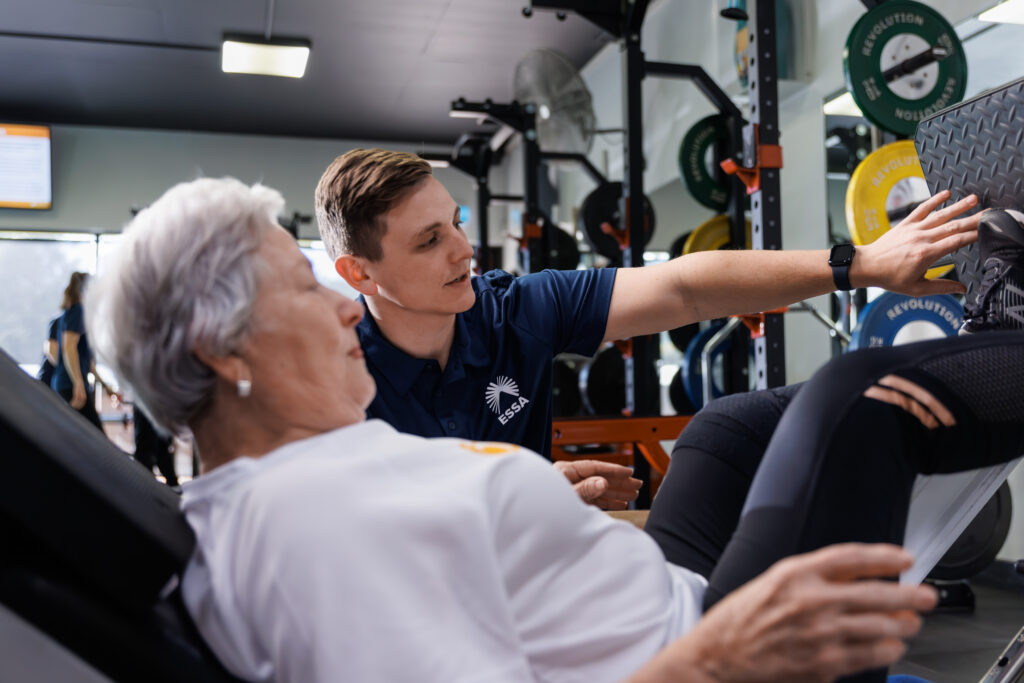
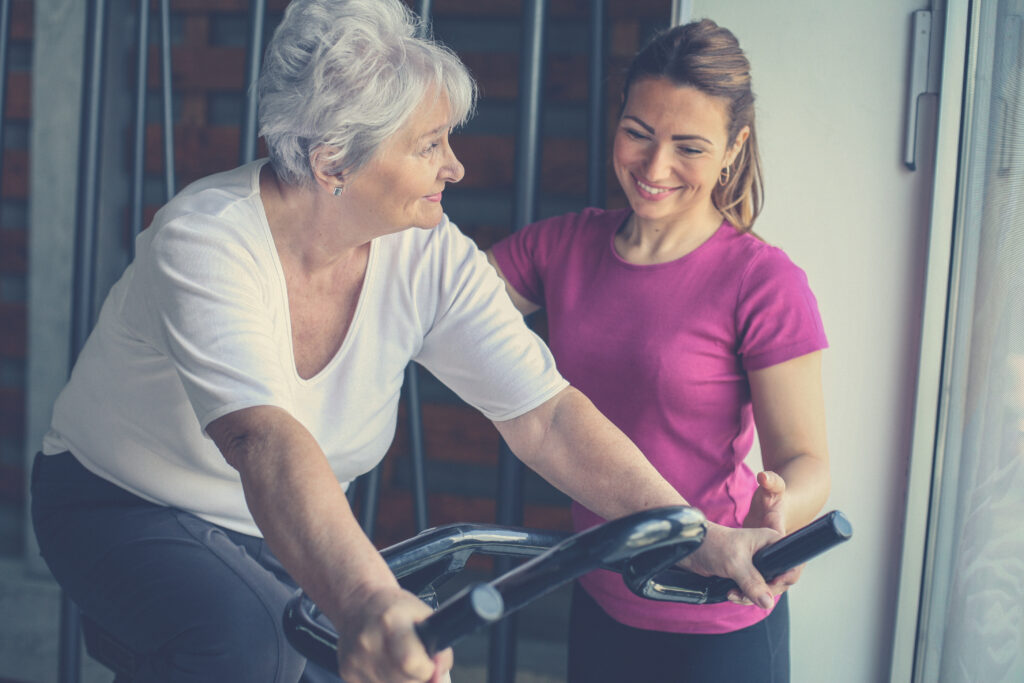
Things to remember
- One on one exercise exercise sessions are better than group exercise due to need for close supervision, instruction of exercises and counting of repetitions.
- For outside activities, consider wearing a medical alert bracelet or pendant.
- Use weight machines rather than dumbbells or barbells that can be dropped.
What exercise is recommended for preventing or managing AD?
Exercise Right recommends 30 minutes of activity per day, for at least five days a week. This can be broken up into shorter sessions throughout the day, with each session lasting a minimum of 10 minutes.
The goals of exercise to prevent or manage AD are to maintain or increase muscle mass and strength; decrease risk factors for cardiovascular disease and metabolic syndrome; increase testosterone levels; and provide a socially engaging and interactive environment.
Exercise (particularly resistance or weight training) also increases testosterone levels, which can help to protect brain cells and preserve cognitive function.
People with dementia can also benefit from a regular programme of seated exercise sessions, these exercises are aimed at building or maintaining muscle strength and balance, and are less strenuous than exercises in a standing position.
You may also like
Check out additional Exercise Right factsheets and articles for practical, tailored tips on managing lung and kidney health through movement and exercise.
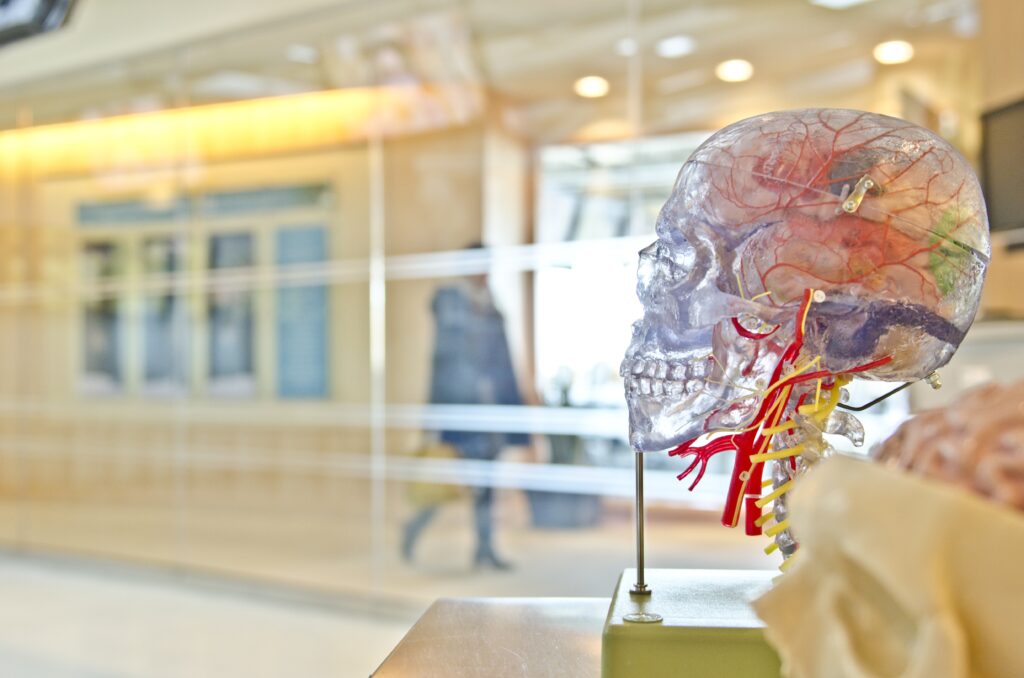
Brain Derived Neurotrophic Factor (BDNF) and Exercise
Brain Derived Neurotrophic Factor (BDNF) has been referred to as a fertilizer for your brain. Find out how exercise can help you to get more of it. Brain Derived Neurotrophic Factor (BDNF) has been referred to as a fertilizer for your brain. It is a substance that is found in your brain and helps to […]
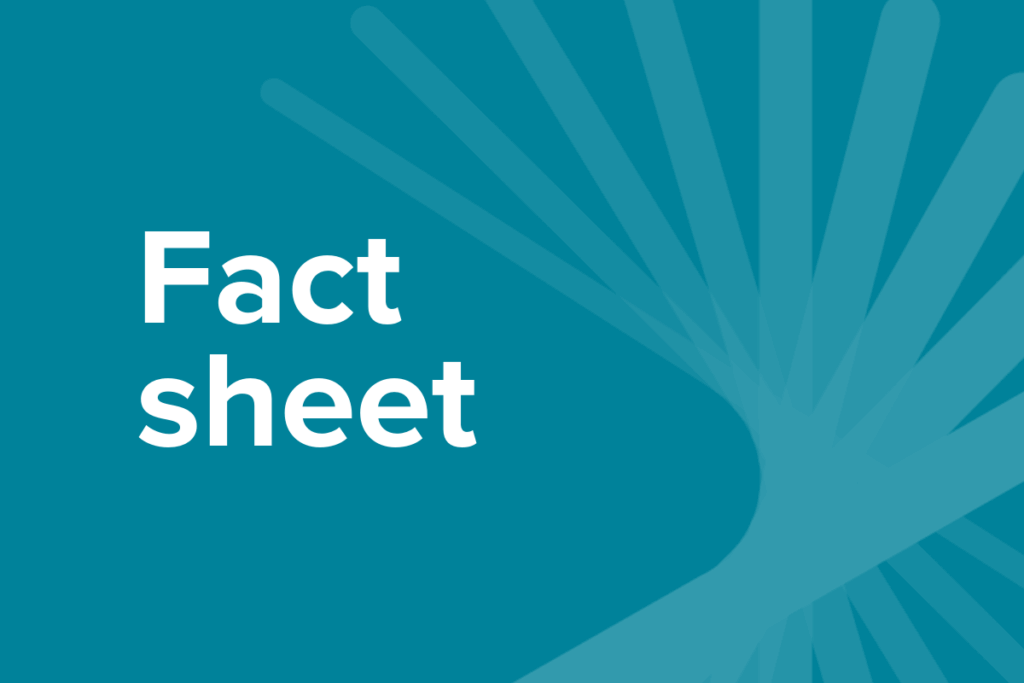
Dementia & Alzheimer’s disease
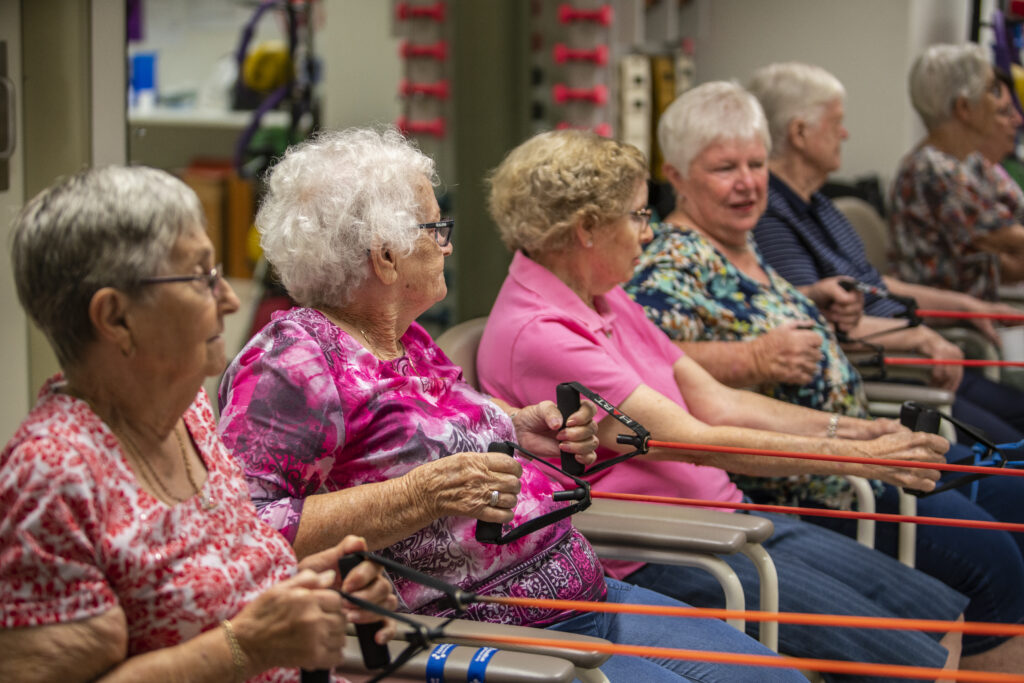
Exercise for Early Onset Dementia (EOD)
Early onset dementia (EOD or ‘younger onset dementia’) is any form of dementia that begins before the age of 65. People with EOD have similar symptoms to those who develop it later in life, including memory loss, confusion and difficulty with daily tasks. However, the impact can be different because they are often still working […]
